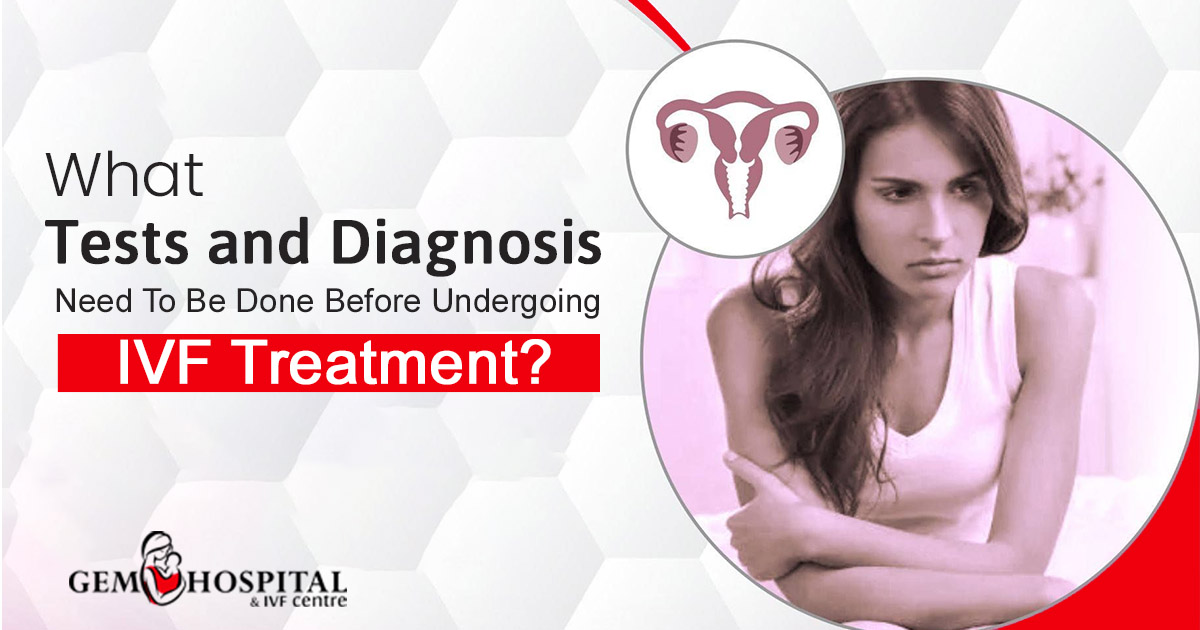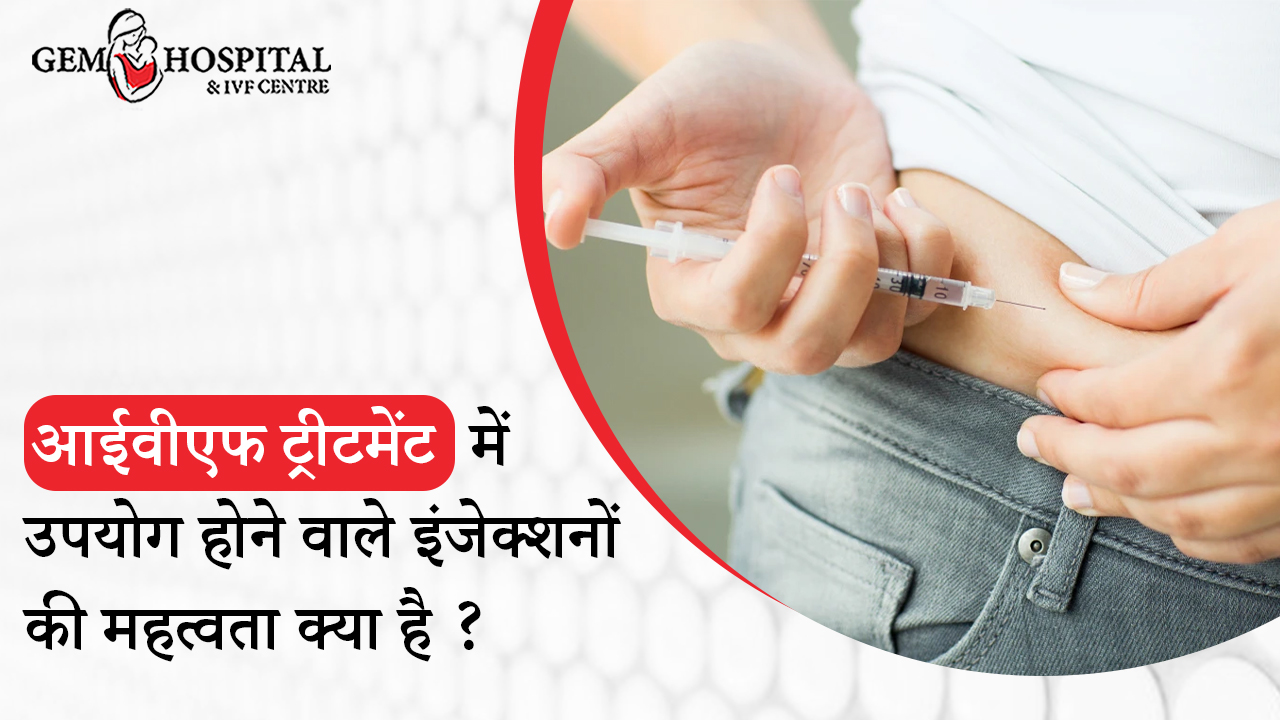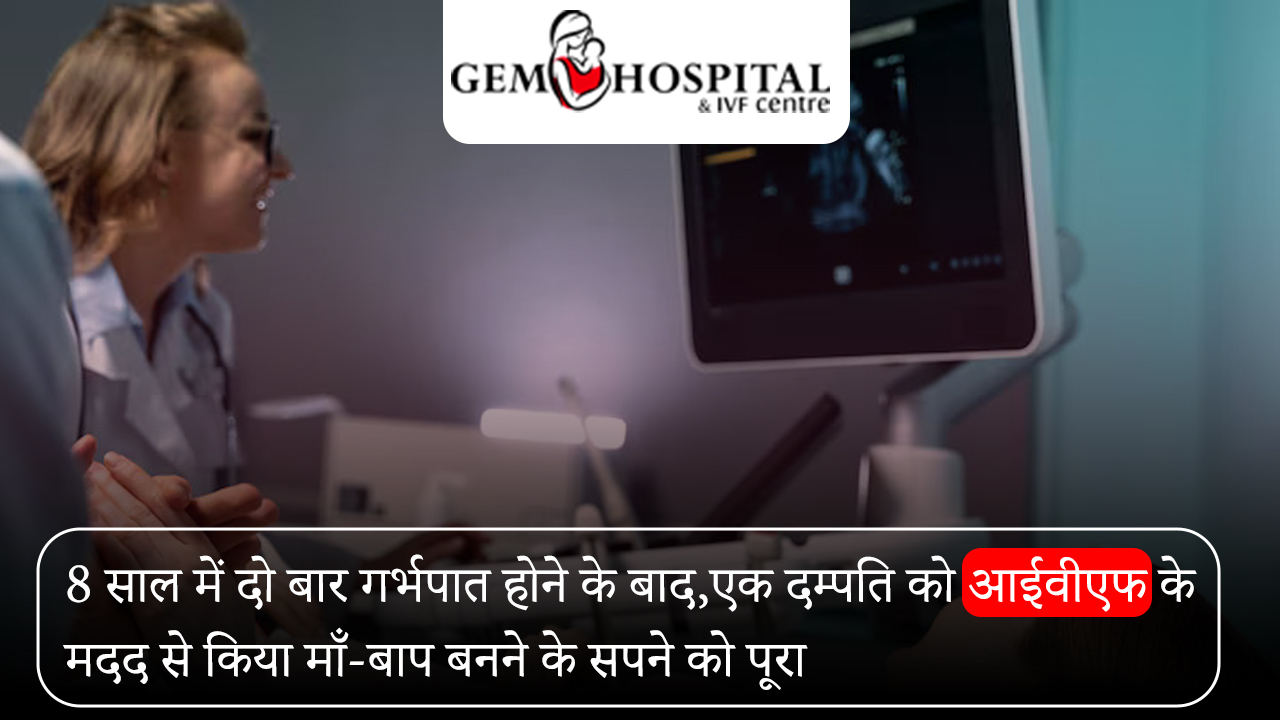IVF treatment
IVF (In-Vitro-Fertilization) is a procedure that is opted by individuals who cannot conceive naturally or there can be some complications due to medical issues. Nowadays, IVF treatment has become a popular choice and a safe option for childbirth for couples who cannot have a child naturally.
When you visit the IVF centre in Punjab, you need to tell your IVF doctor about your health. The doctor will do a regular checkup to understand the medical history of the patient and do a background check to give the individualized treatment plan. No doubt, the treatment has the highest success rate as compared to any other treatment plan.
What are the types of tests performed before IVF?
- Ovarian reserve testing
The ovarian reserve testing includes different tests for checking the hormones. The tests are done to check the productivity and egg count in the woman’s body. After a certain age, the egg count in the body decreases, and its quality also declines. The tests include AMH, FSH, and Estradiol.
- AMH helps to show the number of eggs left in the ovaries.
- FSH helps to know about the reduction in ovarian reserve which can affect the IVF efficiency.
- Tubal patency test
Normal ultrasound can help to tell about the uterus condition and fallopian tube. But, this can make it difficult to understand the exact condition of the uterus and then give the treatment accordingly. If the fallopian tubes are blocked or damaged and the uterus is also affected then egg extraction will not work. In that case, a special tube is inserted into the tube and tells you about what treatment you need to get.
- Semen evaluation
This is important for the male partner as it helps to check the semen quality which is needed for IVF treatment. The tests are highly important for the patient to increase the chances of having successful treatment. The tests will identify sperm shape, concentration, and motility.
- Digital High magnification
Digital high magnification is the process of extracting the semen sample which is the healthiest and needed for the IVF treatment.
Consult the IVF doctor
During the treatment, egg and sperm are kept together for fertilization in a controlled environment. This results in embryo formation and the embryologist will check its growth to make sure it is viable for transfer. The embryo is put back to the women’s reproductive tract which results in conception.
You should not lose hope if you are trying to conceive but not able to. The doctor will give you a customized treatment plan.



